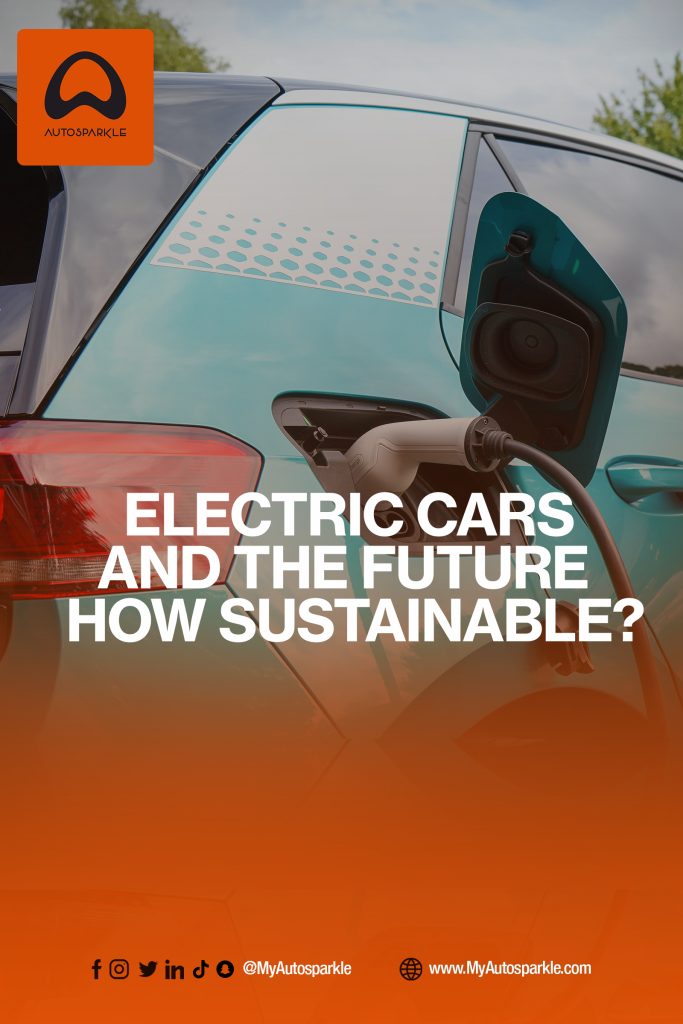Electric cars have been an issue of interest in the past few years with the introduction of many electric vehicles like the various models of Tesla, Honda E, Audi E-Tron, etc, performing great feats when it comes to range, speed, and acceleration.
The 2020 Tesla model S for example has a range of 402 miles on a single charge, has 534 hp, and goes from 0-60mph in 3.7 seconds, while the performance trim makes it in just 2.3 seconds.
Electric Vehicles (EVs) are super interesting pieces of tech, but how sustainable is it? EVs major selling point is the fact that they do not burn fossil fuels, thereby reducing the carbon footprint of vehicles in the environment. But is it actually reducing the carbon footprint?

There are two main concerns pertaining to the sustainability of EVs :
- Mining of raw materials
2. Production of electricity
1. Mining of raw materials:
Electric cars are regarded as the future of clean transportation, however close attention paid to the mining process of raw materials shows that the future may not be as clean as expected. EVs batteries are mainly lithium-ion. Lithium is mined in Chile and is a water-intensive business, it has starved the agricultural sector, reducing the amount of food produced and contributing to soil contamination, hence the reasons why concerns are being raised.
2. Production of electricity:
Electricity in many parts is produced by burning fossil fuels. Research and investments are going into cleaner and more sustainable forms of electricity generation like solar power and wind-powered turbines. Till it becomes mainstream, EVs are being charged by electricity generated from the burning of fossil fuel, raising concerns about it being clean.
EVs promises to be the future of clean transportation due to the fact that it doesn’t burn fossil fuel directly. EVs may not be totally free of burning fossil fuels, but it is way reduced when compared to the average internal combustion engine vehicle.
Tesla Model S 2020 for example according to FuelEconomy.gov has 111MPGe which means it is about 3 times more efficient than its closest internal combustion engine competitors as its competitors range between 30 and 40 miles per gallon.

Don’t miss our next informative post by subscribing to get notified every time a new one goes up. Use the subscription button in the comment section below or the form on your right sidebar.




Leave feedback about this